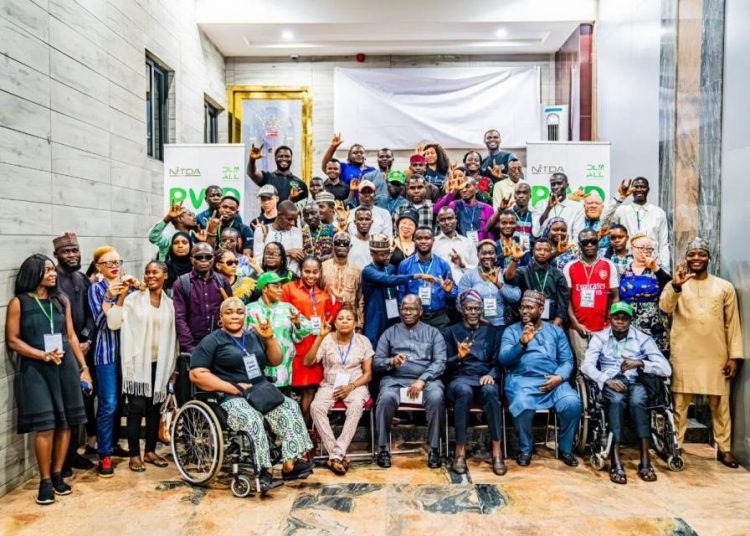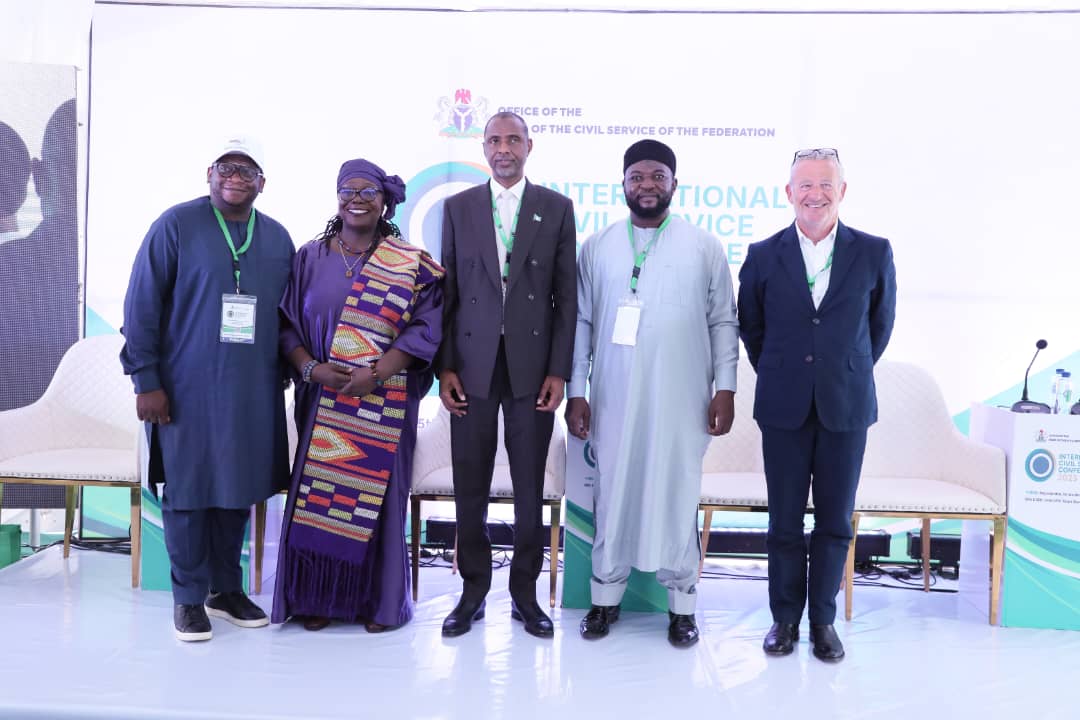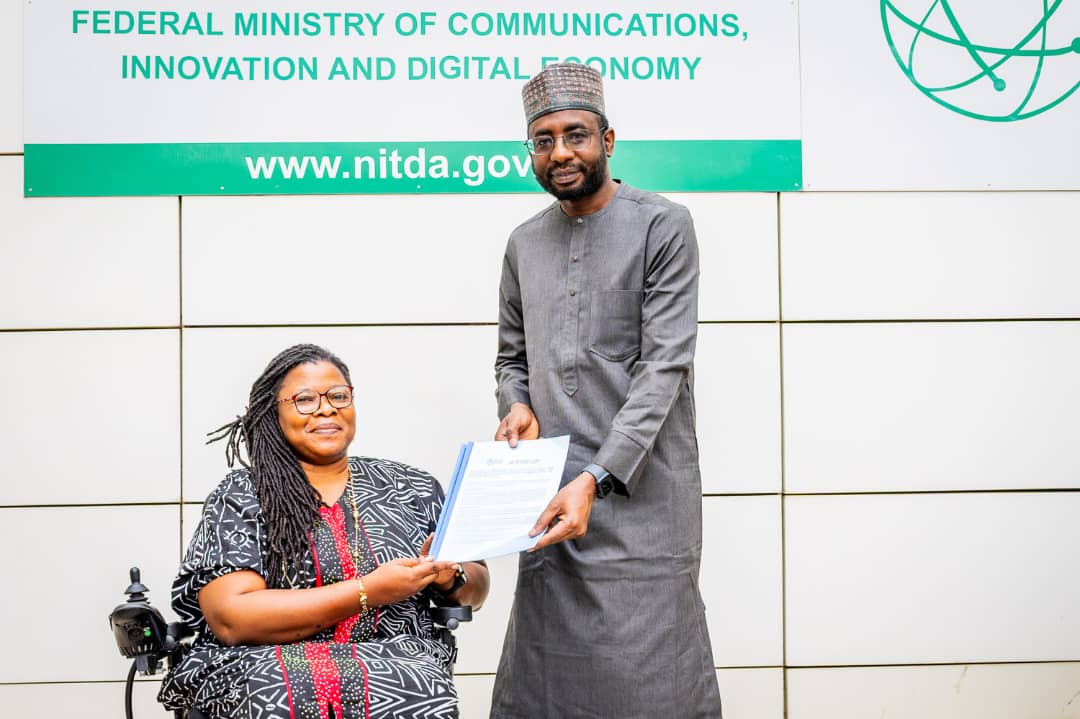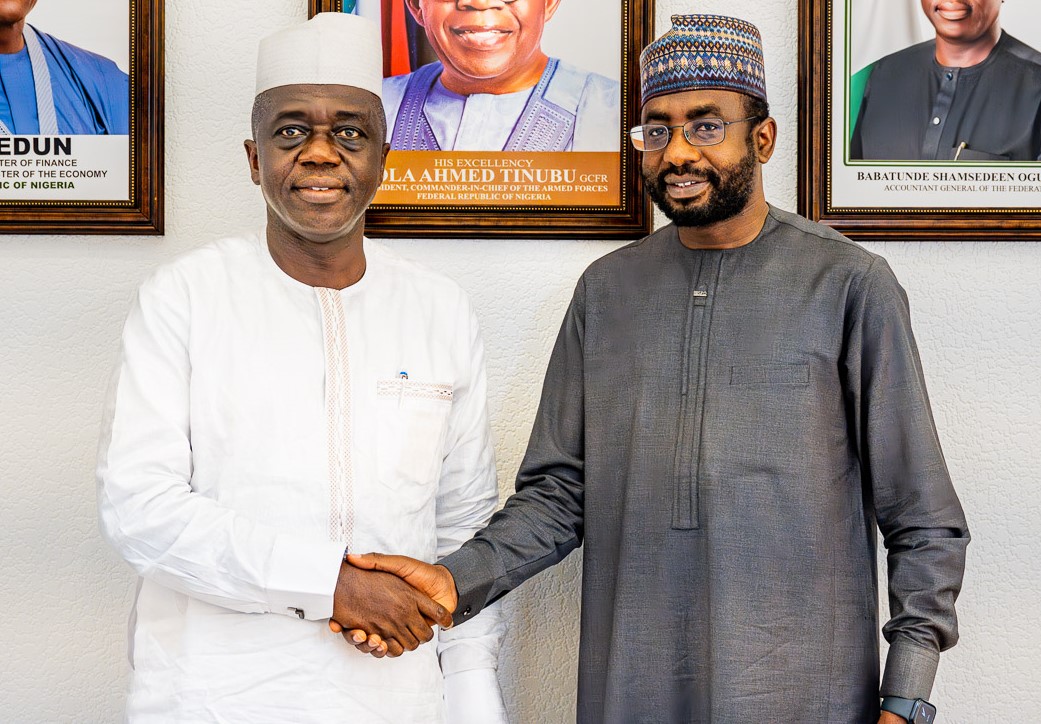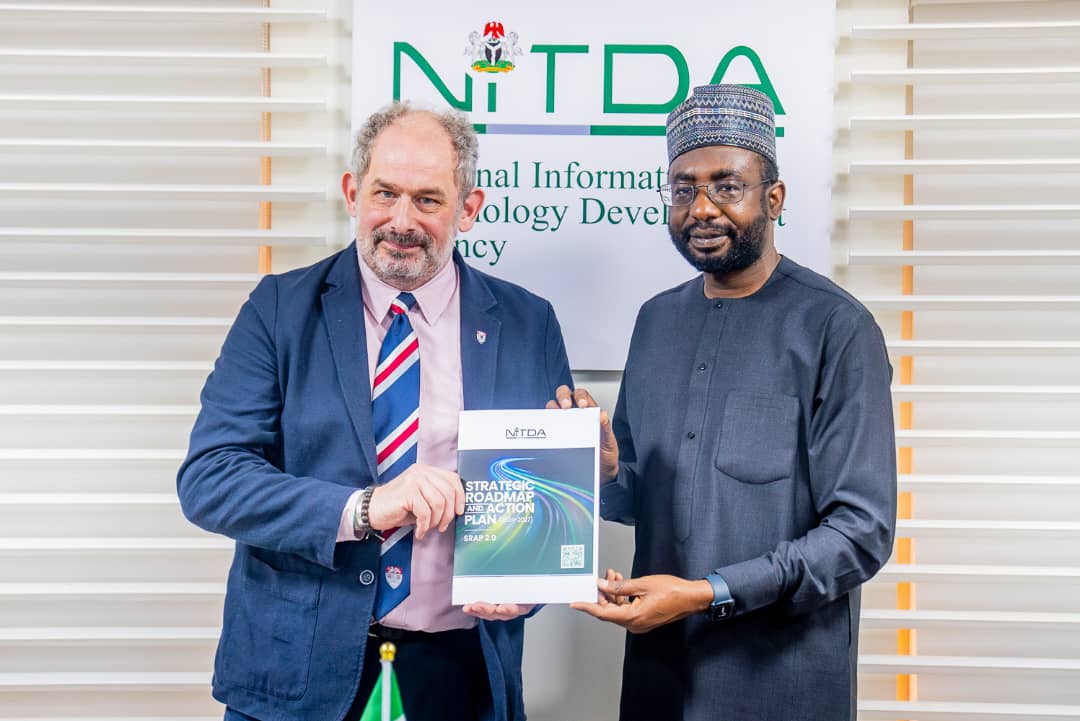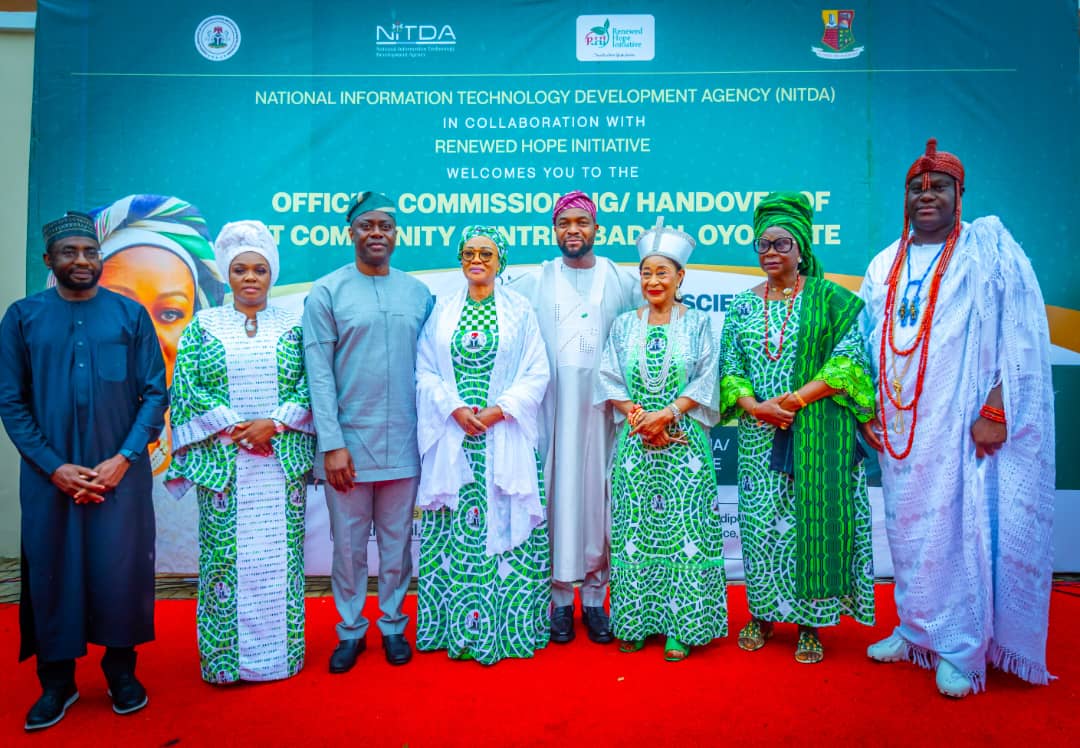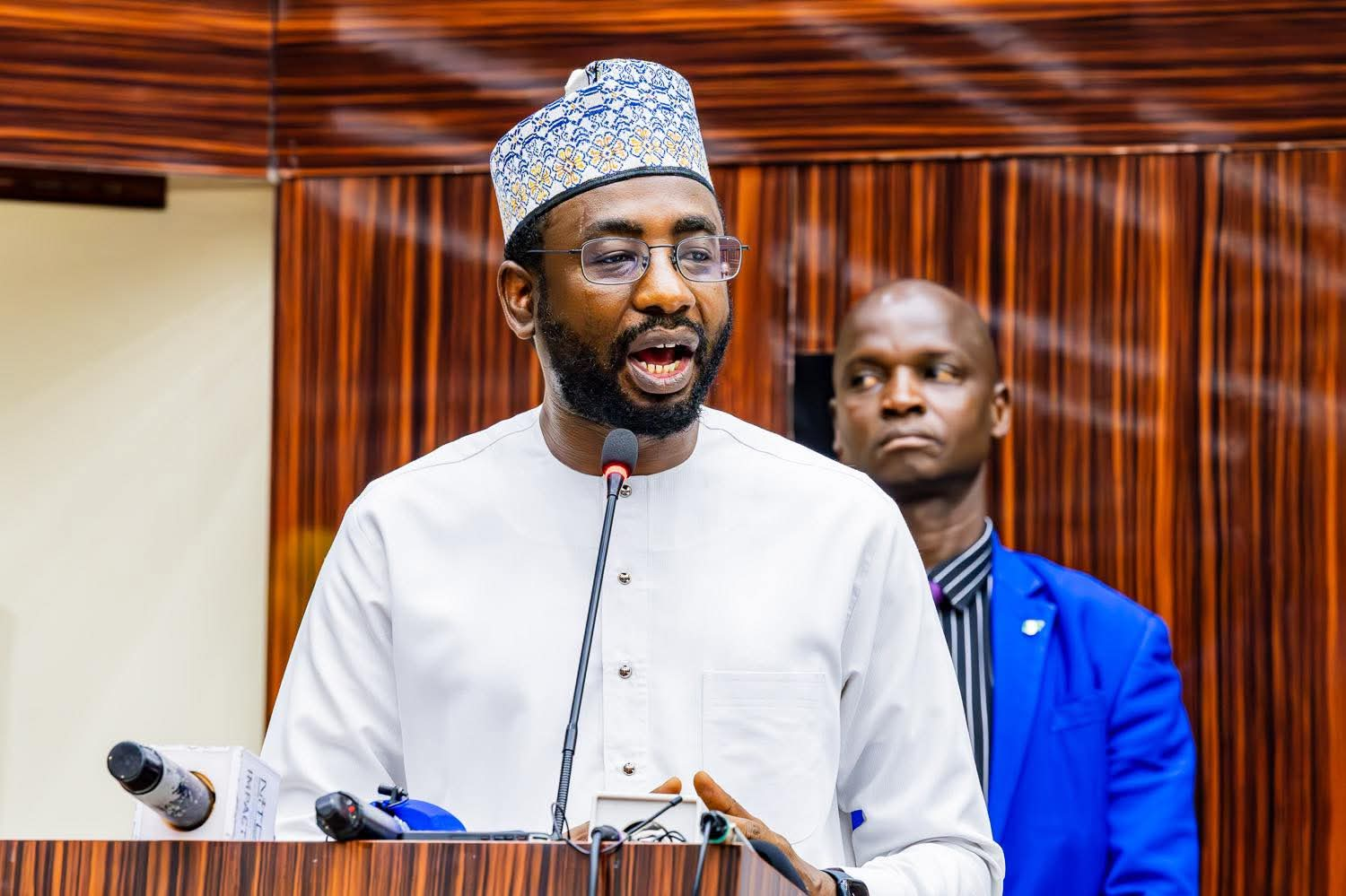The National Information Technology Development Agency (NITDA) has commended the recent decision by the National Board for Technical Education (NBTE) to unbundle the Higher National Diploma (HND) in Computer Science programme into four distinct specialisations: Artificial Intelligence, Network & Cloud Computing, Software & Web Development, and Cybersecurity & Data Protection.
This visionary move is not just a game-changer in Nigeria’s IT sector; it represents a seismic shift in equipping Nigerian graduates with in-demand skills crucial for navigating the digital revolution. This development positions polytechnics at the centre of nurturing young Nigerians capable of tackling specific challenges and capitalising on the vast opportunities presented by emerging technologies.
Moreover, NITDA views this as a significant step in promoting the growth of the IT sector and enhancing the capabilities of the nation’s workforce. It bridges skills gaps identified during our IT Skills Gap Assessment, conducted in partnership with CC Hub, which highlighted 12 IT skills in high demand both in Nigeria and globally.
NITDA recognises the immense potential of Artificial Intelligence, Network and Cloud Computing, Software and Web Development, as well as Cybersecurity and Data Protection in shaping the future of Nigeria’s IT sector. This is why it established the National Centre for Artificial Intelligence and Robotics (NCAIR) and the Office for Nigerian Digital Innovation (ONDI), as special purpose vehicles to nurture talent and equip interns and NYSC members with the requisite skills to excel in their digital journey.
The Director General of NITDA, Kashifu Inuwa Abdullahi, CCIE, also emphasises the need for collaboration between educational institutions, industry stakeholders, and regulatory bodies to ensure the successful implementation of these specialised fields.
NITDA extends its gratitude to the National Board for Technical Education for its vision and commitment to advancing technical education in Nigeria. It encourages a paradigm shift in educational approaches, urging institutions to proactively incorporate elements of digital literacy into their curriculum structures.
The Agency believes that embracing the National Digital Literacy Framework (NDLF) would serve as a transformative step towards ensuring that the Nigerian educational system remains at the forefront of technological innovation and equips students with the competencies needed for success in the modern world.
NITDA looks forward to continued collaboration to create an environment where Nigerian IT professionals can thrive and make significant contributions to the global digital economy.

